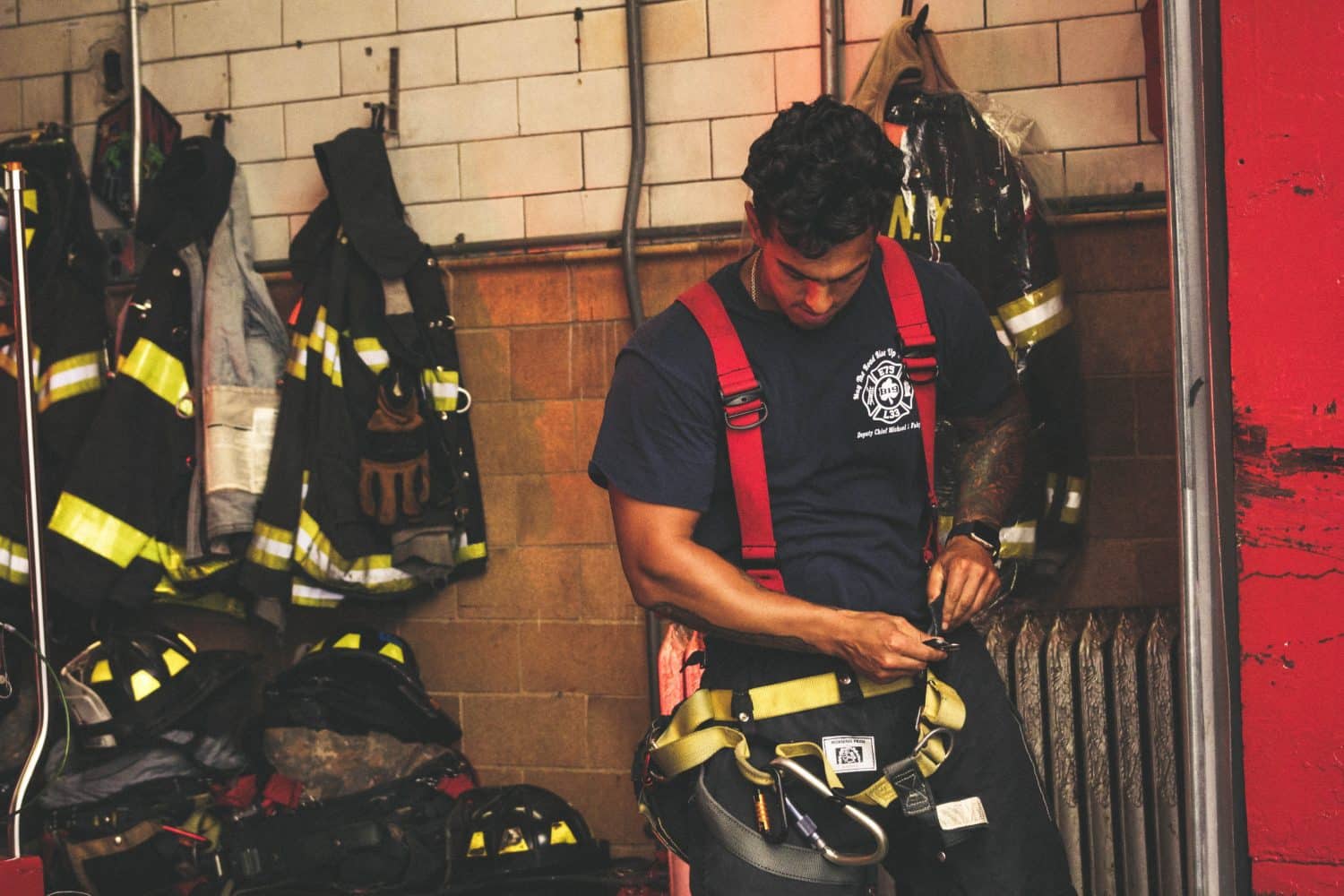
Addiction and concurrent mental health disorders rarely affect only one person.
Those close to the addicted person must also cope with the emotional and mental damage caused by addictive behaviour. It is extremely painful to watch someone close to us struggle. It is also common for those close to an addicted person to invest much of their time and energy in trying to help their loved one. They may also regularly try to repair the damage caused by their loved one’s addictive behaviour. This often results in an unhealthy codependent relationship that is damaging to both parties.
Family in Addiction Treatment
When confronting addiction and concurrent mental health disorders, it is important to account for their impact on those close to the addicted person. Addiction treatment should not only address the problems of the addicted person; it should also offer support to those close to them. Trafalgar Addiction Treatment Centres recently launched our Partner Support Therapy program to ensure that the emotional and psychological needs of our clients’ loves ones are addressed. These weekly therapy sessions ensure those close to our residential clients can support their loves ones while taking care of themselves.
Exclusive Focus
Often when we confront addiction, we fail to adequately account for the experiences of those close to the addicted person. Addiction treatment is far more effective when it acknowledges that addiction and concurrent disorders rarely affect only the addicted person. Unlike family therapy, which treats the addicted person alongside their loved ones, Partner Support Therapy focuses on the emotional and psychological needs of the loves ones. We understand the pain of seeing a loved one struggle and the emotional investment their loves ones make. Partner Support Therapy provides those close to addicted people with the tools to cope with the challenges they face.
Rebuilding Communication
Addiction can significantly damage trust and communication between the addicted person and those around them. Addicted people will often make promises to change their behaviour that they fail to keep. They may tell lies to disguise their behaviour or its consequences. Over time, this can greatly diminish the trust between them and those around them. Their behaviour may also cause regular arguments. It may upset those close to them to the point where they can no longer communicate. Addicted people may also come to feel judged, misunderstood or mistreated by their loved ones.
It is extremely important for addiction treatment to address communication and trust problems between the addicted person and their loves ones. If an addicted person working towards recovery cannot communicate honestly and openly with those around them, they may not receive the type of support necessary to achieve lasting recovery. Those close to the addicted person must also be able to express their thoughts and feelings in a progressive, non-confrontational manner for their own well-being.
Necessary support such as Partner Support Therapy allows addicted people and those close to them to rebuild trust and communication. It helps them to identify progressive, sustainable ways to express themselves to one another. This is vital in maintaining a positive, loving relationship that will benefit all of those involved.
Avoiding Enabling Behaviour
We recently published two blogs on identifying and changing enabling relationships. It is common for those close to an addicted person to try to support them, with the best intentions, in a way that is in fact damaging for both parties. This might involve making excuses for their addictive behaviour or working to repair the damage it has caused. It may also involve supporting them financially or providing them with accommodation. These are compassionate instincts, but by preventing someone from experiencing the full consequences of their addictive behaviour, we make it less likely that they will work towards and achieve recovery.
It is important to avoid enabling behaviour by developing an understanding of your loved one’s addiction and mental health disorders and to develop healthy tools for offering them support. This is a central focus of Partner Support Therapy.
Essential Support
Watching an addicted loved one struggle is devastating. However, with the right support, you can become a powerful resource for a loved one working towards recovery. Partner Support Therapy will prepare you to support your addicted loved one while taking care of yourself.
If you have any questions about Partner Support Therapy, contact Trafalgar today.





